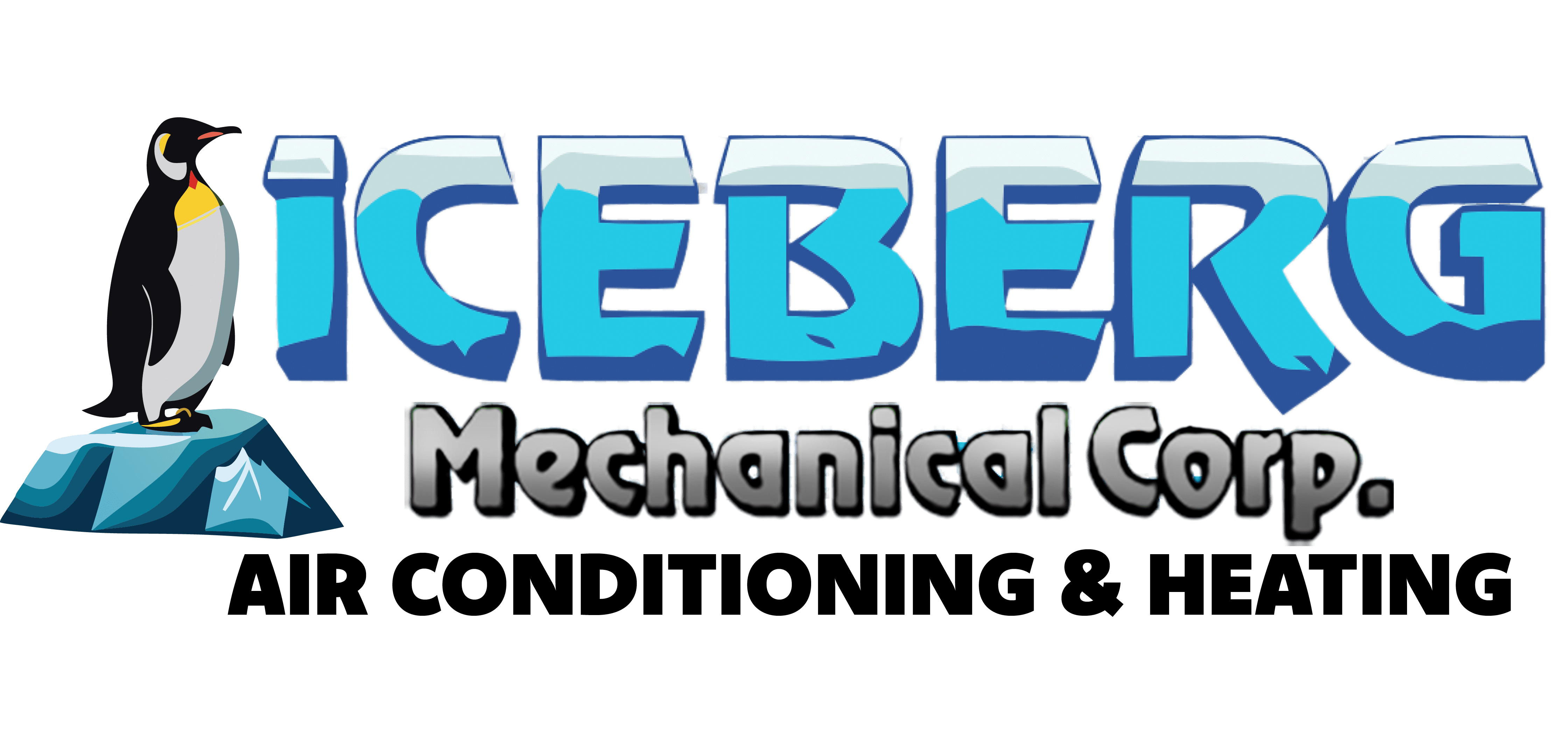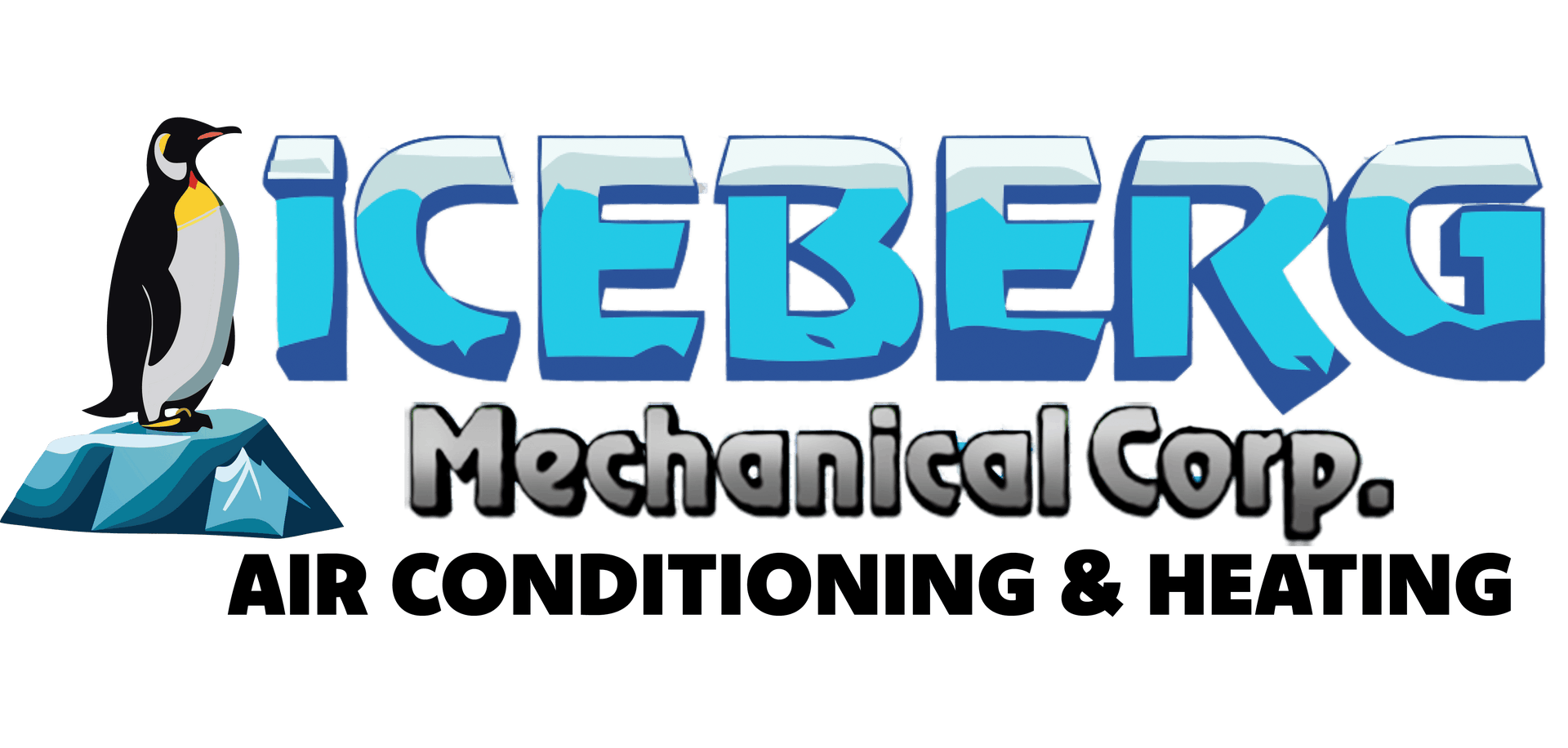
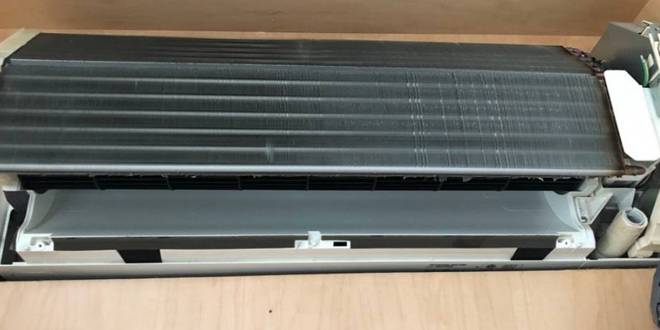
Maintaining your HVAC system is essential to ensure it operates efficiently and effectively throughout its lifespan. Regular maintenance and timely replacement of components not only keep your system running smoothly but also prevent costly repairs and breakdowns. Whether it’s an aging air conditioner, a malfunctioning thermostat, or worn-out ductwork, recognizing when it’s time to replace key components is crucial for maintaining a comfortable and energy-efficient home.
Key Components of an HVAC System
Understanding the main components of your HVAC system is the first step in recognizing when they need replacement. Here are the essential parts of an HVAC system:
- Furnace: Heats the air and distributes it through the house.
- Air Conditioner: Cools the air and removes humidity.
- Heat Pump: Provides both heating and cooling by transferring heat between the indoors and outdoors.
- Ductwork: Channels through which air is distributed throughout your home.
- Thermostat: The control center that regulates the temperature by communicating with the HVAC system.
- Blower Motor: Circulates air through the ductwork.
- Evaporator and Condenser Coils: Essential for heat exchange in air conditioning and heat pump systems.
Each component plays a vital role in the overall functionality and efficiency of your HVAC system. Regular maintenance and timely replacement of these parts are crucial to avoid disruptions and ensure optimal performance.
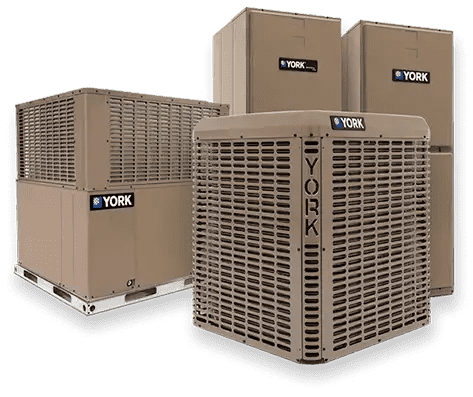
Signs It’s Time to Replace HVAC Components
Recognizing the signs that indicate it’s time to replace components in your HVAC system can save you from unexpected breakdowns and high repair costs. Here are some key indicators to watch for:
- Age of the System: Most HVAC systems last between 10 to 15 years. If your system or its components are nearing or exceeding this age range, it might be time for a replacement.
- Decreased Efficiency and Increased Energy Bills: If you notice a significant increase in your energy bills without a corresponding increase in usage, your HVAC system might be working harder than it should, indicating that some components may need replacement.
- Frequent Repairs: If you find yourself frequently calling for repairs, it might be more cost-effective to replace the failing components.
- Uneven Heating or Cooling: Inconsistent temperatures throughout your home can indicate issues with your HVAC components, such as ductwork leaks or a failing thermostat.
- Unusual Noises or Odors: Strange noises or unpleasant smells coming from your HVAC system can be a sign that certain components are failing and need to be replaced.
Keeping an eye out for these signs can help you maintain a comfortable home environment and avoid sudden HVAC system failures.
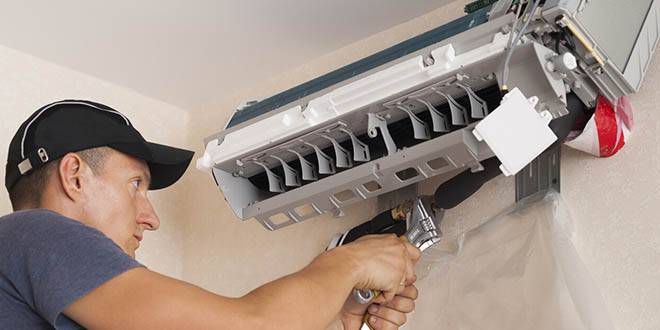
Commonly Replaced HVAC Components
Some components of your HVAC system are more prone to wear and tear and may require more frequent replacement. Here are a few commonly replaced parts:
- Air Filters: Regularly replacing air filters is crucial for maintaining good air quality and system efficiency. Dirty or clogged filters can restrict airflow and cause your system to work harder, leading to increased energy consumption and potential damage.
- Thermostats: An outdated or malfunctioning thermostat can lead to inaccurate temperature readings and inefficient system operation. Upgrading to a programmable or smart thermostat can enhance comfort and reduce energy bills.
- Blower Motors: The blower motor is responsible for circulating air through your home’s ductwork. If it fails, you may experience reduced airflow and uneven temperatures. Replacing a failing blower motor can restore proper airflow and system performance.
- Compressors: The compressor is a key component in your air conditioner or heat pump, responsible for circulating refrigerant and facilitating heat exchange. A failing compressor can lead to inefficient cooling and higher energy costs.
- Evaporator and Condenser Coils: These coils are essential for the heat exchange process in your HVAC system. Over time, they can become dirty or damaged, leading to reduced efficiency and potential system failure. Regular maintenance and timely replacement of coils can help maintain optimal performance.
For more information on specific HVAC services, such as AC repair or ductless AC installation, visit our service pages.
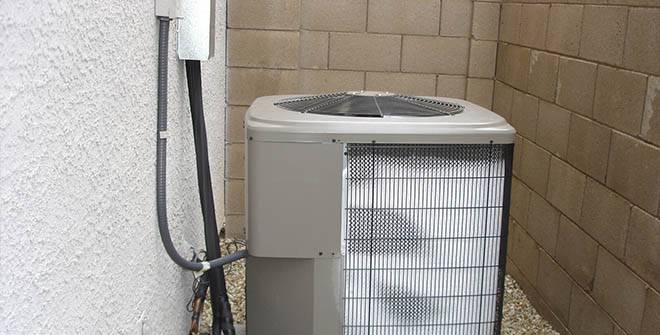
Benefits of Timely Component Replacement
Replacing HVAC components at the right time offers several benefits that can improve the comfort and efficiency of your home. Here are some of the key advantages:
- Improved Energy Efficiency: Newer components typically operate more efficiently than older ones. Replacing outdated parts can reduce your energy consumption and lower your utility bills.
- Enhanced Comfort and Air Quality: Properly functioning HVAC components ensure consistent temperatures and better air quality throughout your home. This can help prevent issues like hot and cold spots, humidity problems, and airborne contaminants.
- Reduced Risk of System Breakdowns: Timely replacement of worn-out parts can prevent unexpected breakdowns and expensive emergency repairs. This helps maintain the reliability of your HVAC system, especially during peak usage times.
- Long-Term Cost Savings: While replacing components may involve an upfront cost, it can save you money in the long run by reducing energy bills and minimizing the need for frequent repairs. Investing in high-quality, efficient parts can also extend the overall lifespan of your HVAC system.
To ensure your HVAC system remains in top condition, consider scheduling regular maintenance and inspections. For detailed information on our AC maintenance services, visit our website.
Professional HVAC Replacement Services
When it comes to replacing HVAC components, hiring certified technicians is crucial to ensure the job is done correctly and safely. Here’s why you should trust professionals for your HVAC needs:
- Expertise and Experience: Certified HVAC technicians have the knowledge and experience to diagnose issues accurately and replace components efficiently. They are trained to handle various systems and ensure proper installation, which can prevent future problems and extend the lifespan of your HVAC system.
- Safety: HVAC systems involve complex electrical and mechanical components. Professionals have the necessary tools and training to handle these parts safely, reducing the risk of accidents and injuries.
- Warranty Protection: Many HVAC components come with manufacturer warranties that may require professional installation and maintenance. Hiring certified technicians ensures that your warranty remains valid, protecting your investment.
- Emergency Services: HVAC issues can arise at any time. Having access to professional emergency services ensures that your system can be repaired or components replaced promptly, minimizing discomfort and inconvenience. Iceberg Mechanical Corp offers reliable emergency services to address your urgent HVAC needs.
At Iceberg Mechanical Corp, we pride ourselves on our expertise and commitment to quality. Whether you need central AC installation or any other HVAC service, our team is here to help. We also offer financing options to make HVAC replacement more affordable for our customers. For more information or to request a quote, visit our request a quote page.
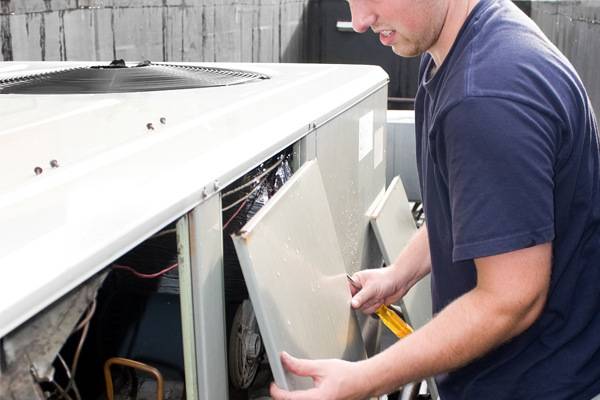
Conclusion
Maintaining your HVAC system through regular inspections and timely component replacements is essential for ensuring optimal performance, energy efficiency, and comfort in your home. By recognizing the signs of wear and tear and understanding the importance of replacing key components, you can prevent costly breakdowns and extend the life of your HVAC system.
Trusting certified professionals, like the team at Iceberg Mechanical Corp, ensures that your HVAC needs are met with expertise and quality service. Whether you’re in need of routine maintenance, emergency repairs, or a complete system overhaul, we are here to help.
Don’t wait for your HVAC system to fail—take proactive steps to maintain its efficiency and reliability. Visit our AC maintenance services page for more information, or request a quote today to get started.

